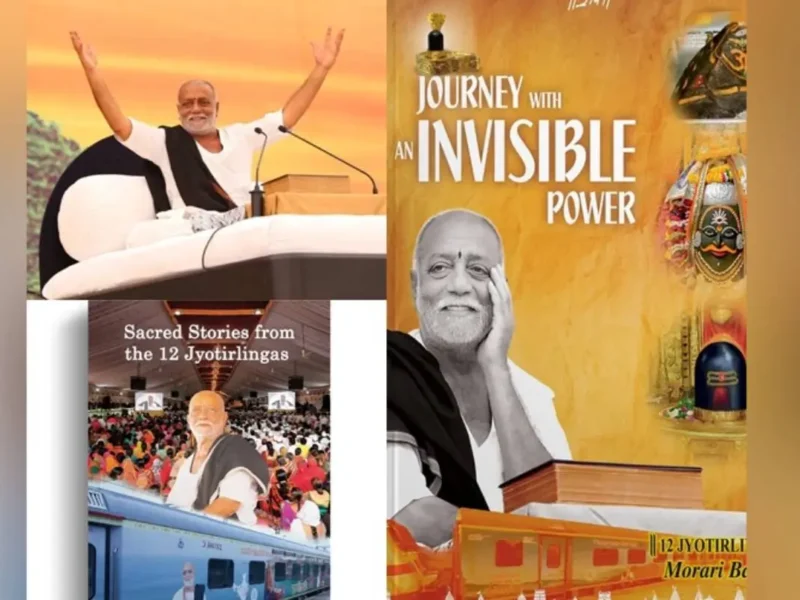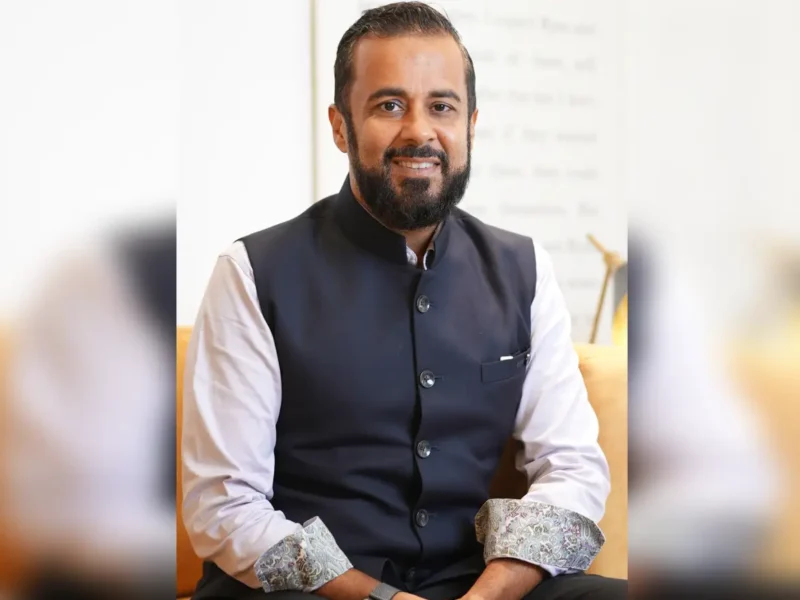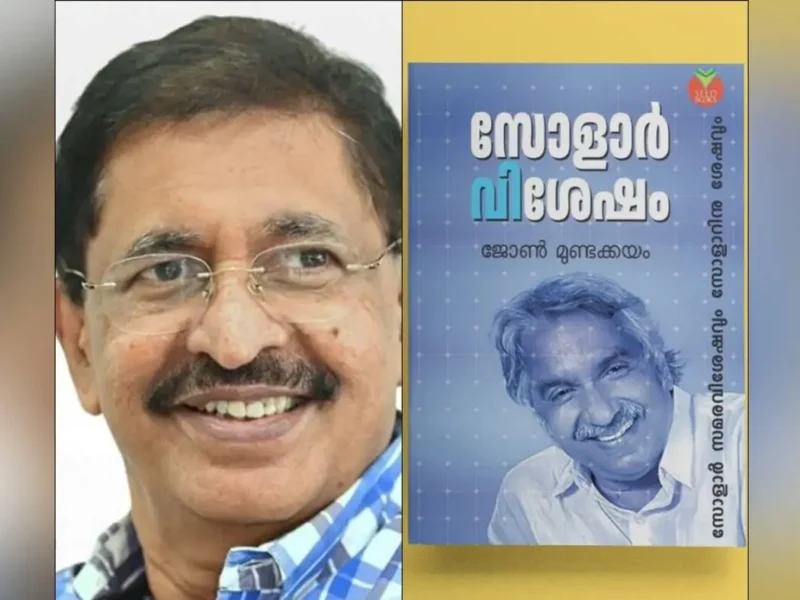
The Indira Gandhi-Vijaya Lakshmi Pandit Feud Explored
NEW DELHI, (IANS) – The origins of the fragile relationship between Jawaharlal Nehru’s sister, Vijaya Lakshmi Pandit, and her niece, Indira Gandhi, which ended with the aunt becoming one of the fiercest critics of the Emergency (1975-77), has been a mystery for historians.
Pandit’s latest biographer, Manu Bhagavan, a professor of Modern Indian History at Hunter College, New York, untangles the complex relationship, showing how the unraveling had started in the last years of Nehru.
Bhagavan shows how Pandit was rumored to be the chosen one to succeed the then vice-president, Sarvepalli Radhakrishnan, but Nehru, reportedly with his sister’s consent, opted for Zakir Hussain.
Whether or not that was the reason, the relations between the siblings did get icy and Pandit blamed it on Nehru’s closest aides — V.K. Krishna Menon and M.O. Mathai, his personal secretary.
Pandit went on to point out that this had been “one of the reasons for my antagonism with Krishna Menon. The other, as I have perhaps told you, is his habit of telling half-truths in order to present only the kind of picture he wishes to get across.”
At this time, Pandit, who had held top positions in the world of diplomacy, including being the first woman to serve as President of the UN General Assembly, was the Governor of Maharashtra.
The tenuous family ties started fraying further after Nehru had a stroke in 1964 and started sinking. The succession had become a subject of intense speculation, and Pandit, it was rumored, may get External Affairs, a position that Indira, too, was eyeing.
As Bhagavan writes, “It was not long before reports began to emerge that the two women were antagonists and that Indira, taking advantage of her position as her father’s primary nurse and gatekeeper, was going to lengths to prevent her aunt from spending time alone with the ailing prime minister. Nan, for her part, dismissed such gossip, chalking up her short visits to her brother’s admonition that she should immediately get back to work.”
Nan is what Pandit used to be called lovingly by her family and she was then also leading the Indian delegation to the United Nations.
Nehru passed away on the Buddha Jayanti Day in 1964 and Pandit found herself again at the center of speculation, especially after she resigned as Governor of Maharashtra. Would Lal Bahadur Shastri, Nehru’s successor, make her a minister in his cabinet?
The question was raging in political circles, and it subsided only after the Congress high command gave Pandit the ticket to contest from Nehru’s pocket borough, Phulpur in Uttar Pradesh.
According to Bhagavan, Indira wasn’t keen to contest from Phulpur because she was uncertain about which way the political tide was turning because of the perceptible change in the public mood after the China War.
Pandit, however, trumped the opposition and got elected to the Lok Sabha with 60 per cent of the popular vote. “Nan’s victorious entry into politics sent the press into overdrive. Stories flew in every direction suggesting that she might join Shastri’s Cabinet, that she could become the next Speaker of the House, and even that she potentially could become India’s prime minister in the future,” write Bhagavan.
The biographer continues: “A common thread running through many such narratives involved Nan’s relationship with Indira, which was said to have blossomed into a full-fledged rivalry.
Elections followed in 1967, Pandit won a second term and Indira got elected from Rae Bareli, but the Congress suffered its first decline in numbers in the Lok Sabha.
And as Bhagavan puts it, “Indira Gandhi in the meantime had not hesitated to send further signals that Nan was now persona non grata.”
Politically, Pandit found herself at odds with Indira within the party, worried at the direction it was taking under her niece’s leadership. The political ties were snapped finally when at a private meeting between Indira and Pandit, India’s prime minister told her aunt point blank: “Well, Puphi, I don’t really trust you.”
Pandit attended Rajiv Gandhi and Sonia Maino’s marriage, but, as Bhagavan puts it, “there was no serious rapprochement between aunt and niece.”
Within months of the marriage, Pandit quit Parliament, saying she felt “out of tune” with what was happening in the government, and she made the “hard decision” to quit public life at the age of 68.
The Emergency was the last nail in the coffin of their relationship. Pandit was livid to find that Indira was having her spied upon and she kept her daughter, the writer Nayantara Sahgal, up to date about what was happening in the country.
Sahgal, on her part, was one of the fiercest critics of the Emergency, writing for publications such as ‘New Republic’ and ‘The New York Times’. Pandit, too, chose not to remain a silent chest beater.




